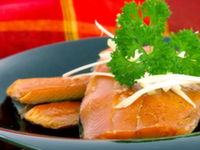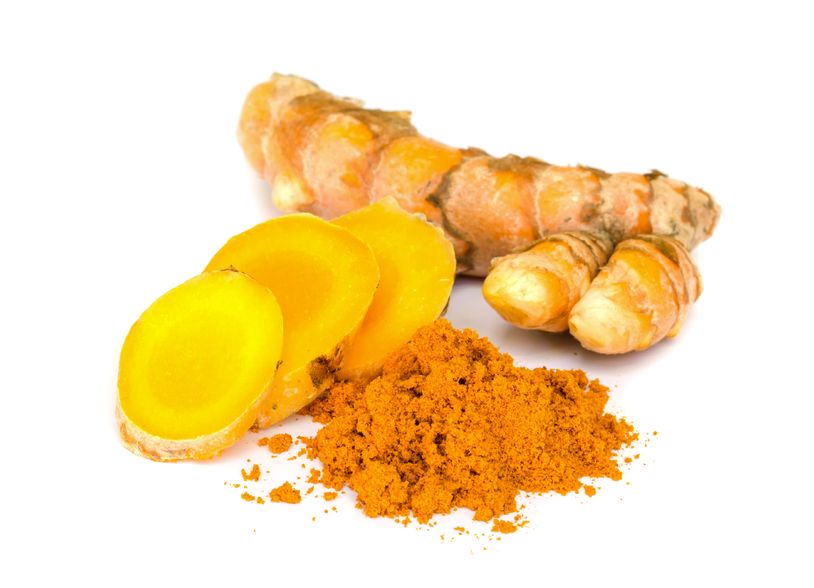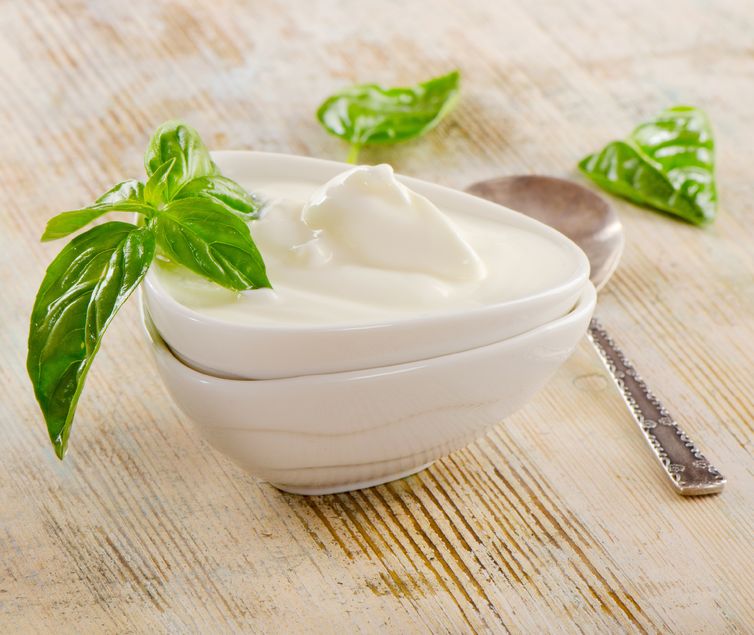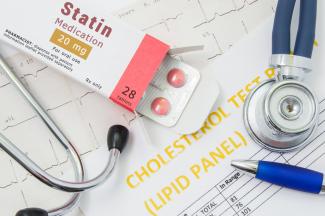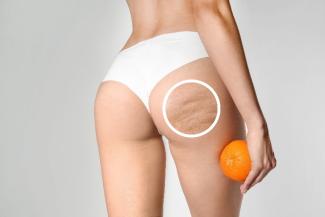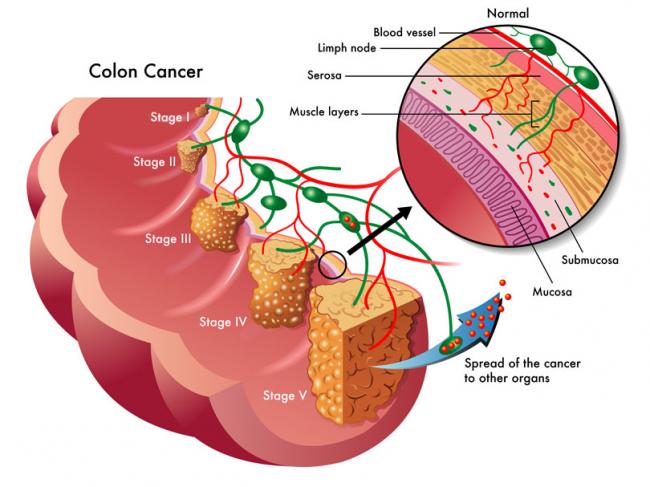This article explores the challenges of oily skin and discusses various topical products and cosmeceutical ingredients aimed at reducing excess sebum production. It emphasizes the importance of maintaining a balance in sebum production for overall skin health and offers insights into tailored cleansers, toners, moisturizers, and active ingredients like niacinamide, green tea, and lotus extract.
-
 Topical Management of Oily Skin04/25/2024 - 13:09
Topical Management of Oily Skin04/25/2024 - 13:09 -
 Topical Applications of Bakuchiol: An Emerging Cosmeceutical03/30/2024 - 14:18
Topical Applications of Bakuchiol: An Emerging Cosmeceutical03/30/2024 - 14:18Dr. Rob Ayoup ND explores bakuchiol, a plant-derived compound, as a promising skincare ingredient. Unlike retinoids, bakuchiol offers similar benefits with fewer side effects, making it ideal for sensitive skin. Research indicates its antioxidant and anti-inflammatory properties effectively reduce fine lines, wrinkles, acne, and hyperpigmentation. Clinical trials demonstrate bakuchiol's efficacy, positioning it as a noteworthy addition to skincare formulations for diverse dermatological concerns.
-
 A Trifecta of Infections02/15/2024 - 10:25
A Trifecta of Infections02/15/2024 - 10:25The article underscores the importance of exposure to germs for a healthy immune system, noting the consequences of reduced immunity due to pandemic measures. With fewer encounters with common viruses, respiratory infections like influenza and RSV have surged, especially affecting vulnerable groups like infants. However, it suggests maintaining a healthy lifestyle and using natural remedies like andrographis, elderberry, echinacea, and oral zinc to support immunity and combat infections effectively.
-
 Anxiety: Diet as Therapy01/29/2024 - 09:00
Anxiety: Diet as Therapy01/29/2024 - 09:00The article explores how dietary choices impact anxiety, from breakfast habits to macronutrients like carbohydrates and proteins. It also highlights the role of gut health and gluten sensitivity in mental wellbeing.
-
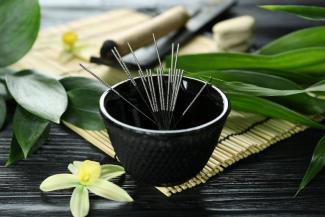 Acupuncture and Mitigating Side Effects in Cancer09/15/2023 - 10:11
Acupuncture and Mitigating Side Effects in Cancer09/15/2023 - 10:11Acupuncture shows promise in reducing cancer treatment side effects in small studies. Further research with larger populations and funding could boost its role in Western cancer care. With its history, minimal side effects, and energy benefits, acupuncture may become a common recommendation for cancer recovery.







